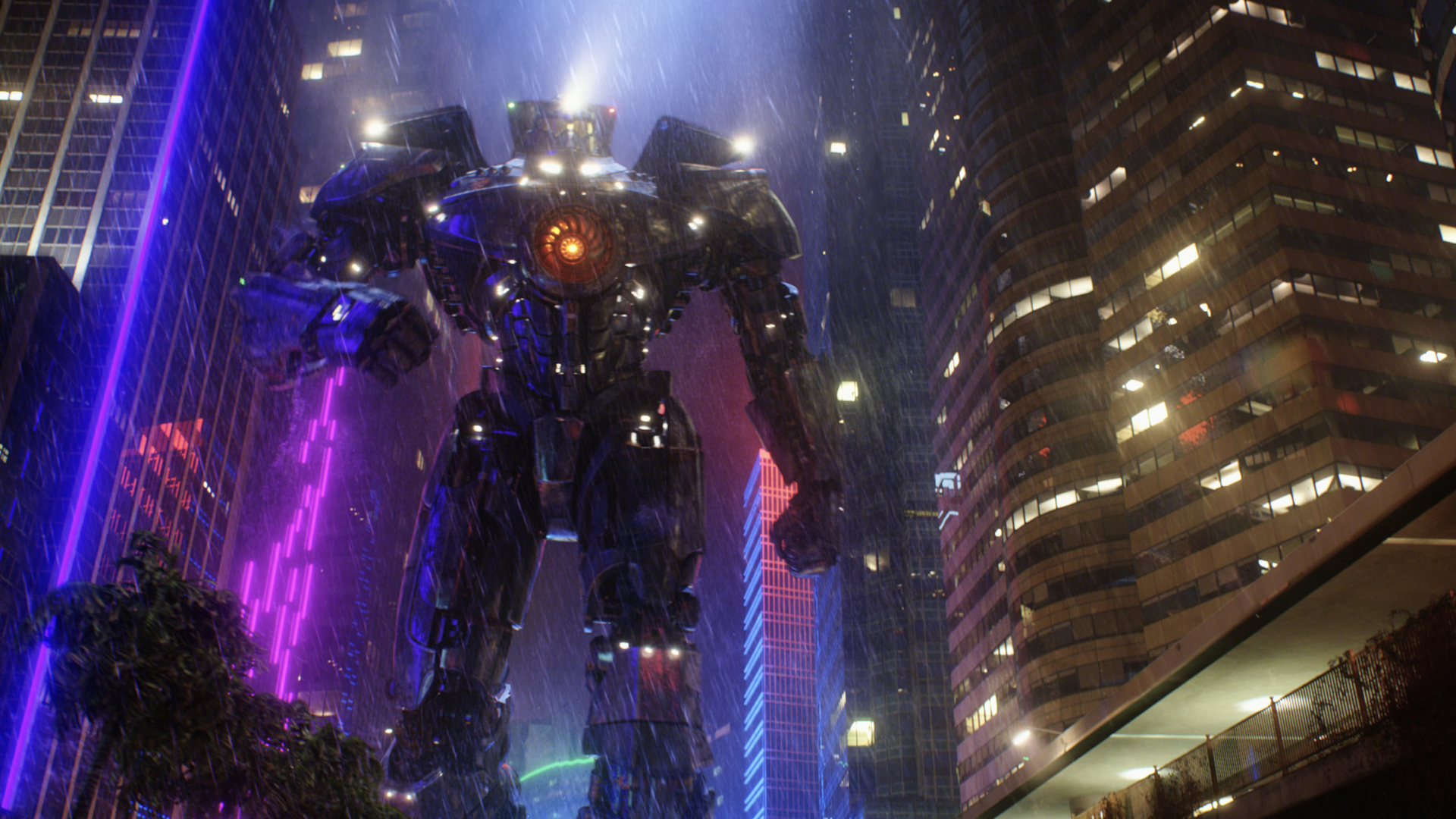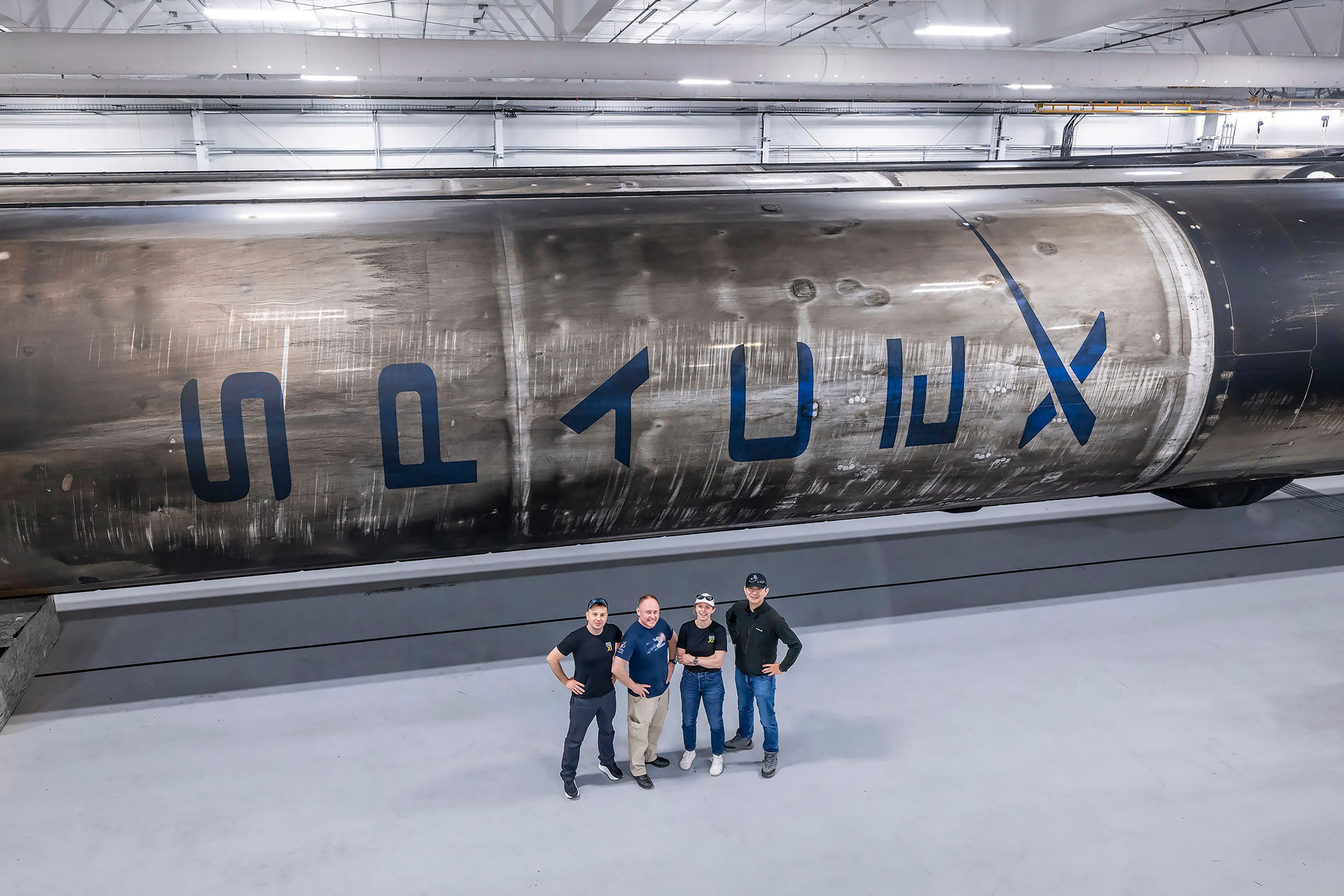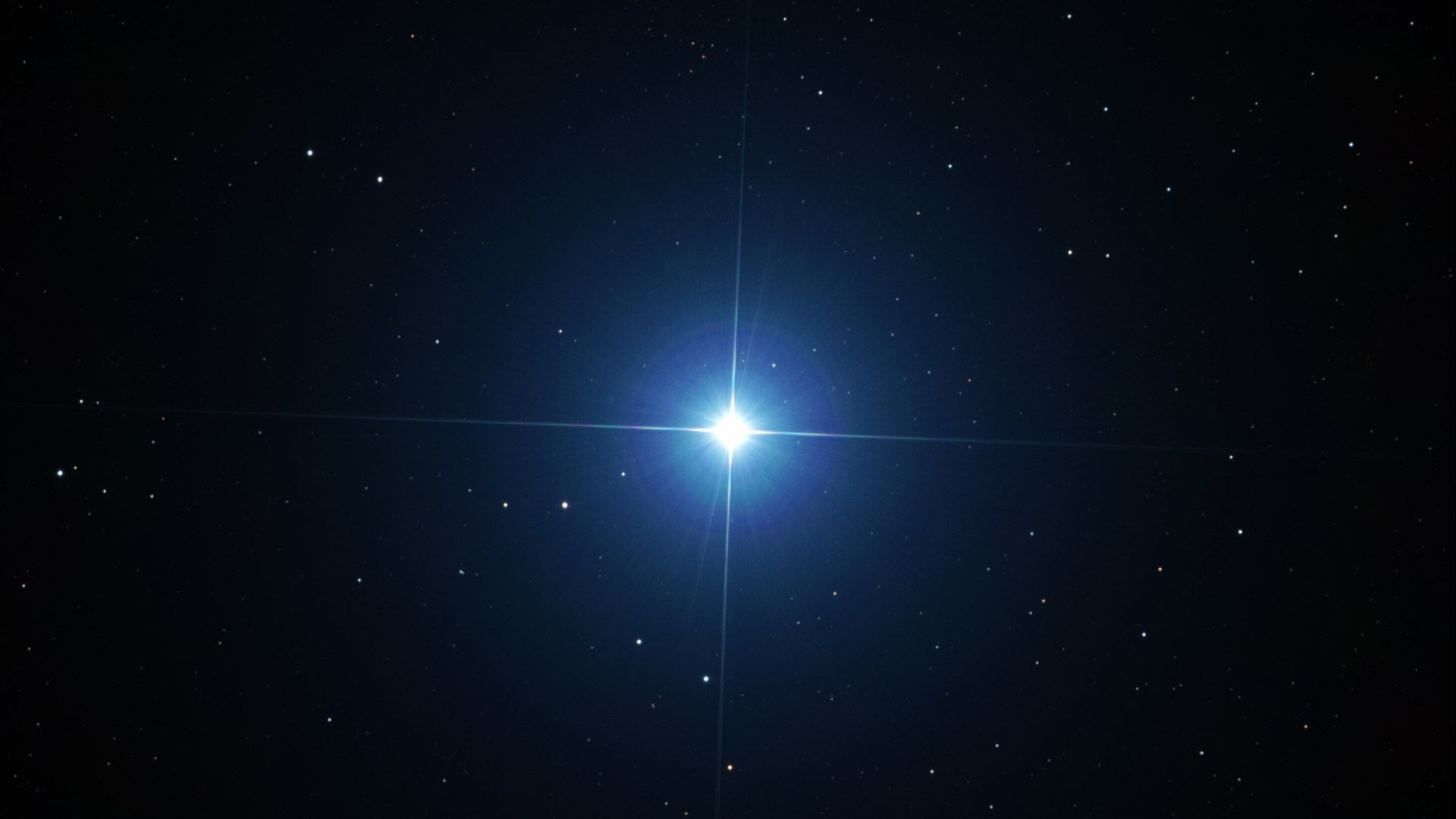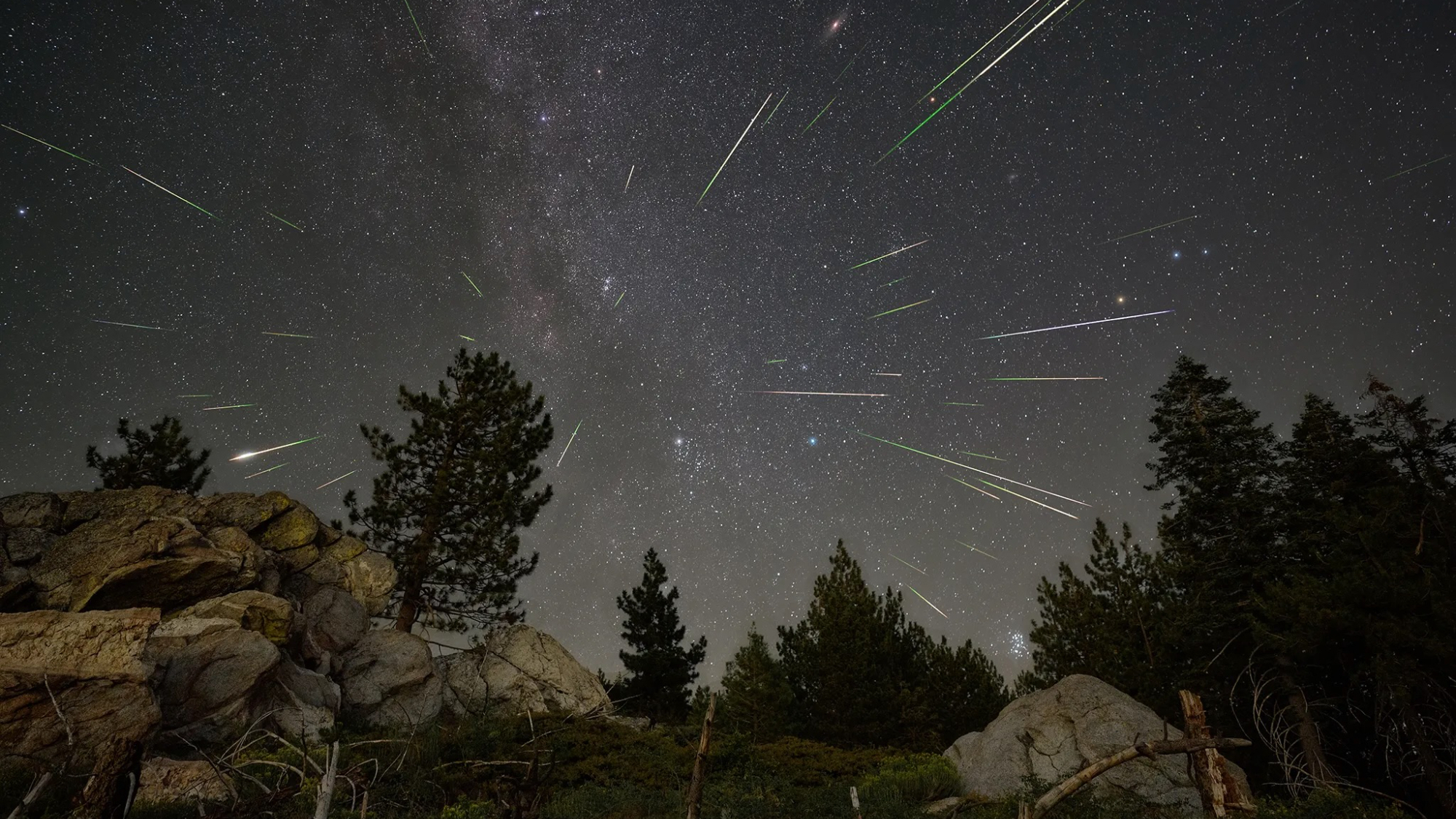
'Seeing by Moonlight' (US 2014): Book Excerpt
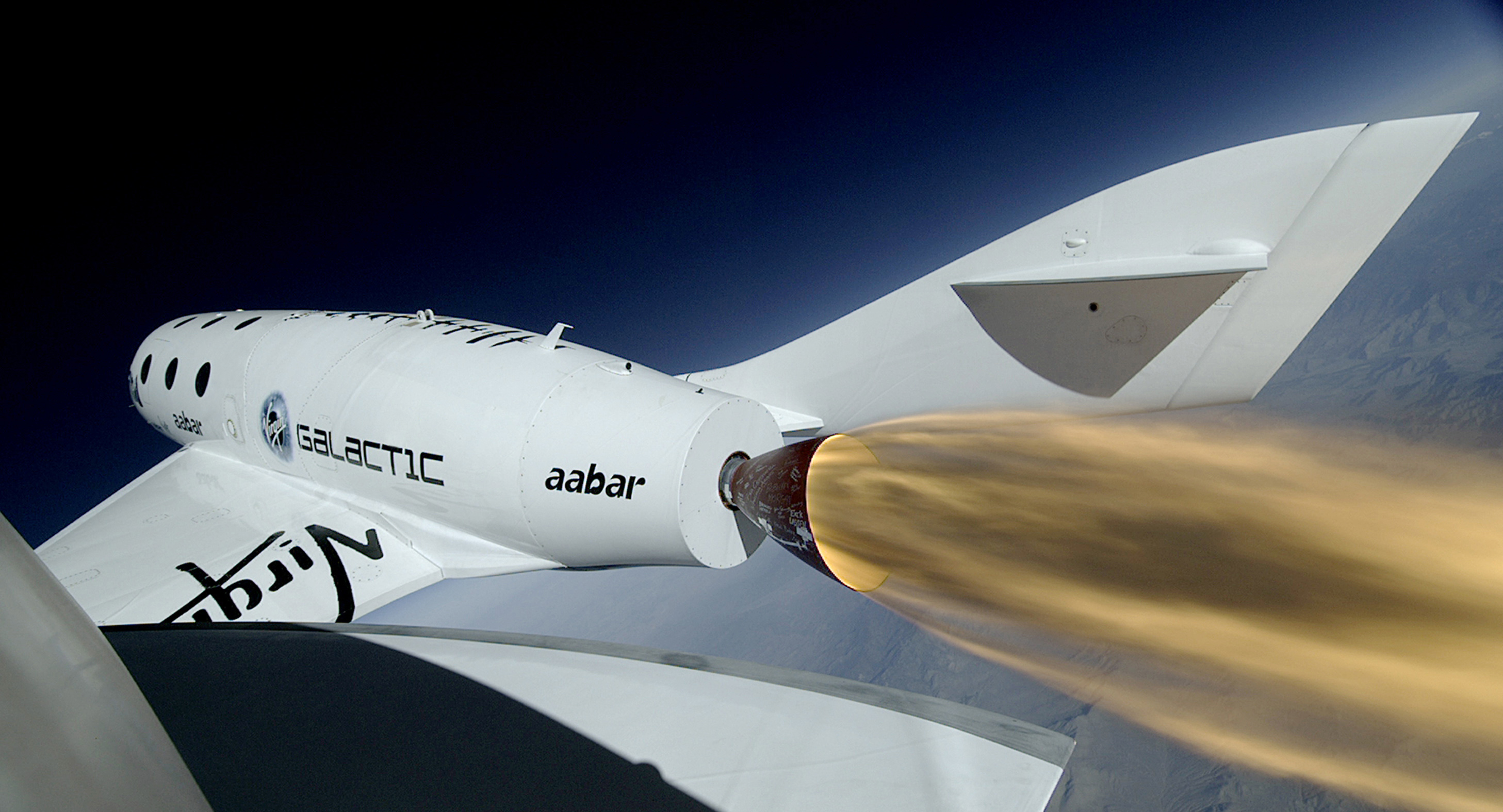
Nicholas Thurkettle is a lifelong outer-space enthusiast and co-author, with M.F. Thomas, of the acclaimed sci-fi thriller "Seeing by Moonlight" (BookBaby, 2013). He contributed this excerpt to Space.com's Expert Voices: Op-Ed & Insights.
The following is the prologue from "Seeing By Moonlight" (BookBaby, 2013) by M.F. Thomas and Nicholas Thurkettle. The excerpt accompanies an essay by Thurkettle on the rising popularity of spaceflight: "Cosmic Renaissance: Why Space Is Popular Again (Op-Ed). "
Thursday, December 11, 1941
Cigarette smoke curled up and laced with the moonlight. It was near the midnight chime. A long day, thought President Roosevelt, as he let the smoke draw his eyes momentarily away from his desk. He had awakened to Germany declaring war on the United States. Hitler had pronounced brotherhood with Japan, branded Roosevelt a dictator bent on world domination, and pledged Germany's right to defend the existence of her nation and people. Absurd words; by supper the United States had declared war right back. A long day.
The week had been even longer — he had been lunching with Hopkins on Sunday when the news came of Hawaii. Poor, exhausted Hopkins had been so amazed at the scope of such tragedy that he thought it a gag at first. His sensible Iowan friend always looked tired, but the travel Roosevelt had needed of him this year was almost more than his vigor could bear. By week's end, he thought, we will all look like Hopkins.
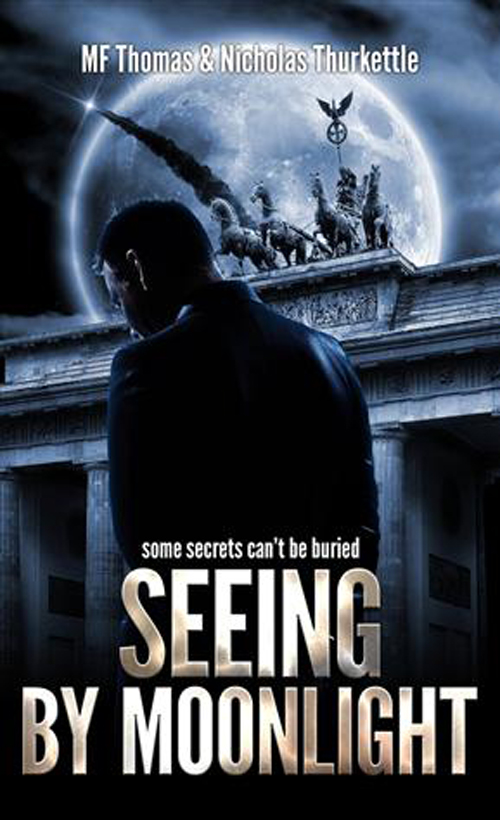
Moonlight. It had insinuated itself through the window in the last hour or so. Roosevelt had watched the stars in his contemplation, seen Mars slip below the horizon. The God of War was proud in his chariot today, he did not doubt. Outside, Mark, his steady valet of eight years, waited to ferry him to the East Wing and the promise of a restless bed. Waited, and no doubt worried. Roosevelt brought the cigarette to his lips and pulled, and for a moment his brain swam. The smallest distraction was tonic right now.
Hawaii. They were still finding bodies out in the Pacific. In his speech to the nation, Roosevelt could only say that many American lives had been lost, so uncertain were the casualty figures. Other bodies would never be found, and he found that still more disquieting: young sailors, trapped forever behind iron doors in the shallows of Paradise.
Get the Space.com Newsletter
Breaking space news, the latest updates on rocket launches, skywatching events and more!
He couldn't help second-guessing. What if he hadn't insisted Japan pull out of China before any summit with Prime Minister Konoe, who despite all his faults had been less maniacal than Tojo? Or maybe if he had let Hull stall a bit more about allowing them some oil for civilian use… He forced himself to cease his ruminations. Japan was a war machine on an island with no war fuel. That they would reach out to take it was inevitable, and they expected America would be too surprised and crippled from their gambit to stop them. For the moment, they were correct.
He had met with his war-planners, had reviewed their scenarios. Alone in the Oval Office he knew America's task — Germany First. Just as Hercules had turned a river, it would be Roosevelt's mission to turn the grief and anger of a wounded nation towards Europe, to only check Japan while dedicating might and manpower to driving the Nazis back. Ironically, Hitler's insolent pride in declaring war first would make the work a little easier.
Roosevelt coughed; a helpless, hacking spasm, worse all the time. His physicians assured him he had years left, though not many. This war would be a march of years, and if it saw him all the way to the gates, all that was promised was that he would have company in numbers rarely seen in the history of this world.
Roosevelt set down the cigarette and picked up a pen to work on a stack of papers left by his secretary. The machinery of the Executive Branch needed many signatures. The pen was a Montblanc — a marvel of German craftsmanship. Its cousin had signed the declaration of war against Germany. So many signatures.
A trick of color in the corner of his eye pulled Roosevelt's attention up from the desk. Nothing solid, a shape in the smoke. Yet it persisted. He switched off his desk lamp, and now the Oval Office was lit only by the moon.
Queerly, the column of smoke was disrupted a few feet up: separated, as if flowing around something. Roosevelt felt a pained flutter in his heart. He thought of his health, thought of the long hours here at the heavy Resolute desk. He thought of having one too many cigarettes.
Roosevelt stared at the smoke: it seemed to define a face, ghostly and silvery white. Entranced, he reached for the lamp, switched it back on. And the face took the color of flesh.
It was an apparition, an insubstantial piece of a man wafting into being right in front of him. The man had blue eyes and blond hair swept back from a widow's peak, and as his visage cohered, a new detail emerged: his face had no nose. Where it should have been were only two small holes surrounded by reddened wrinkles of fresh scar tissue and blotched a bruised shade of purple.
The fine detail was at first so mesmerizing that Roosevelt forgot how impossible its existence was at all. He felt a coldness spreading out from his heart. He had been taught from birth to summon clarity and eloquence for any occasion, but now he could only muster a weak and huffing, "What…What?" He made no move — whatever the specter's intent, Roosevelt did not imagine he could escape it in a wheelchair.
The face was a young one, and cruel. A pointed jaw showed, then broad shoulders, a torso in some dark uniform. With the uncanny subtlety that lets the eye tell life from portraiture, Roosevelt sensed movement. This was not an image, but a breathing presence. And on its uniform, he glimpsed the ancient symbol that all modern civilization had lately come to recognize: a swastika.
There was a Nazi in the Oval Office.
The Nazi's eyes rolled, searched, not seeing yet but orienting, like a long deep sleeper remembering the shapes of the world. Then his eyes locked firmly on Roosevelt. Roosevelt returned the gaze and did not flinch. His bearing and family pride were enough for this phantasm, if for only the moment.
He wondered if his voice would cross through some ether to reach the thing's ears, and so put the theory to the test. Summoning a stern tone, he offered, "Can you…hear me?" Seconds passed as they regarded one another. Then, a thin smile stretched across the Nazi's face. He yawned wide, lion-like, and the inside of his mouth was black. A black mouth with no tongue.
The Nazi closed his mouth again, but kept his expression of malicious triumph. Roosevelt defiantly stubbed his cigarette out in the ashtray. He would not play with shows of intimidation, no matter how supernatural. If a dreadful end is at hand, then on with it, he thought to himself, straightening his spine.
But now the Nazi broke his look from the President. His eyes rolled up to the ceiling and quivered. His mouth dropped open again, this time not in aggression but in unquestionable horror and agony. Tears of blood began to stream from his eyes, droplets rolled from his ears, and some even began to swell out of the mass where his nose should have been. It was the perfect picture of a scream without sound, hellish torment.
And then, like a snuffed candle, the face blinked away, leaving only an ethereal glow which the moonlight soon swallowed.
Roosevelt leaned back and frowned, too proud to admit that he could not yet bring himself to breathe. How long had the encounter lasted? Was it fever, nightmare, or omen? Forcing sound from his throat, he called out: "Mark? Come in, Mark."
Mark entered, shadowed by the light of the outer office. "Yes, Mr. President?"
"What is the state of the House this evening, Mark?"
If Mark was curious about the question, he concealed it. "Nothing out of the ordinary, Mr. President. Did you want someone in the kitchen awakened?"
Roosevelt waved off the query. "Answer me honestly, Mark, for you stand outside any door I am within, and you will know this even if you think it not discreet to say. Do I snore?"
Mark wavered in his stance, uncomfortable. The President pressed, "Come come, Mark, you are not deaf and I cannot pretend to the peak of health, can I? I ask again, do I snore? Speak candidly."
Somewhat relieved, Mark offered: "Candidly, Mr. President, the sound resembles a coffee grinder."

Roosevelt chuckled. "I'll thank you not to lend such a scandalously accurate barb to the First Lady, she would not fear to use it at my most vulnerable. Now, this sound to which you have devoted such analysis, did you hear it just now outside the door?"
"Sir?"
"Was I sleeping? Could you hear snoring through the door?"
"No sir."
Roosevelt gave a grim nod, and reached for his cigarette box. "I will smoke another in solitude, Mark, and then I shall retire."
Mark nodded, as much in relief as approval, and shut the door once more. Roosevelt lit the cigarette and turned in his chair, facing out the window. He admired the way the moon splashed silver across the South Lawn, and he thought of the night's disturbance. The smart men in his employ, the ones who had studied Hitler, said that the Führer obsessed over the arcane, seeking sources of power that would not only affirm but enforce the superiority of the German race. Even his swastika was an ancient and sacred symbol, appropriated for his perverse crusade.
Was it too far a leap to think this vision portended a war to be waged beyond the natural world? Was this a demonstration or a warning? Was it possible that the Nazis could be a greater threat to humanity than he already knew them to be?
Roosevelt looked down to the floor, weary from the day. These were midnight thoughts. What did an explanation matter? He had watched a Nazi appear out of thin air before him and die hideously. Many more would die in the years to come, and he would only read about them in bulletins. As he had ordered this thing to be so, he supposed that http://www.seeingbymoonlight.comsuch a sight was a hard but necessary meal for his conscience.
He did not bring the cigarette to his lips anymore. The smoke had become distasteful to him.
***
Learn more about the novel at http://www.seeingbymoonlight.com.
Follow all of the Expert Voices issues and debates — and become part of the discussion — on Facebook, Twitter and Google+. The views expressed are those of the author and do not necessarily reflect the views of the publisher. This version of the article was originally published on Space.com.
Join our Space Forums to keep talking space on the latest missions, night sky and more! And if you have a news tip, correction or comment, let us know at: community@space.com.

Space.com is the premier source of space exploration, innovation and astronomy news, chronicling (and celebrating) humanity's ongoing expansion across the final frontier. Originally founded in 1999, Space.com is, and always has been, the passion of writers and editors who are space fans and also trained journalists. Our current news team consists of Editor-in-Chief Tariq Malik; Editor Hanneke Weitering, Senior Space Writer Mike Wall; Senior Writer Meghan Bartels; Senior Writer Chelsea Gohd, Senior Writer Tereza Pultarova and Staff Writer Alexander Cox, focusing on e-commerce. Senior Producer Steve Spaleta oversees our space videos, with Diana Whitcroft as our Social Media Editor.






